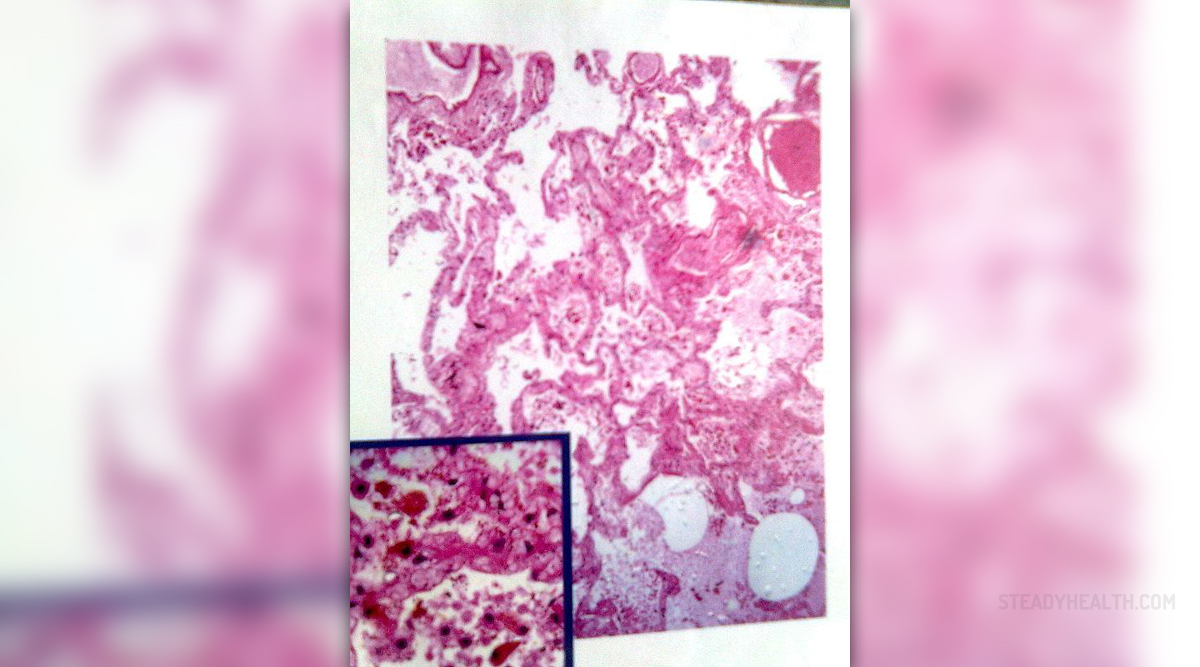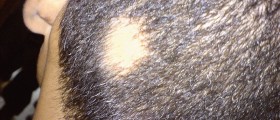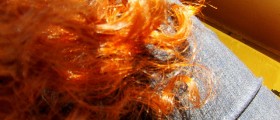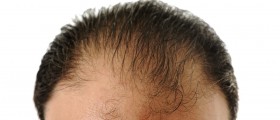
Telogen effluvium is only one form of nonscarring alopecia. It leads to diffuse hair shedding and is generally sudden, therefore, it is classified as acute. A chronic form of hair loss (chronic telogen effluvium) is not so sudden and has no insidious onset but still causes hair loss. The condition is, in general, a result of a metabolic or hormonal stress and may be also induced by some medications. Fortunately, the recovery and re-growth of fallen hair occurs within 6 months after the onset of hair shedding.
Telogen Effluvium Pathophysiology
Even though telogen effluvium may affect hair on different parts of the body, the most problematic and the most visible one is the loss of scalp hair.
In order to completely understand the condition, one must be familiar with the hair growth cycle. Namely, each and every hair has a growth phase (anagen) and a resting phase (telogen). Scalp hair goes through anagen that lasts approximately 3 years after which telogen begins and lingers for approximately 3 months. Still, variations regarding these hair growth cycles can vary a lot among people. It is essential to understand that during telogen there is hair, but it rests in the hair follicle until it is eventually pushed out by new anagen hair.
It is estimated that 5-15% of scalp hair is almost always in telogen phase. Now, for an individual to develop telogen effluvium, he/she must face some triggers such as physiological stress or hormonal changes. These cause a large number of hairs to enter telogen phase all together and at the same time.
Hair shedding begins once the new anagen hairs start to grow. Still, there is some evidence that points to the fact that shedding during telogen phase may occur spontaneously, without being forced by anagen hair. The time between being exposed to a trigger of hair shedding and the actual onset of hair shedding may last between 1 and 6 months.
Telogen Effluvium Treatment
Acute telogen effluvium is only a reaction to some triggers and it generally withdraws spontaneously. This is why it is most commonly not treated. Reversible causes of hair shedding such as poor and inadequate diet, mineral deficiency, hypothyroidism etc can be easily corrected and should be brought under control as soon as possible.
Chronic telogen effluvium resolves at slower pace. Although topical minoxidil has not been confirmed to promote recovery of lost hair in patients suffering from telogen effluvium, it may have some efficacy. Hair transplantation is also not so efficient way of dealing with this type of hair loss. The best thing is to find the underlying cause and bring it under control.

















Your thoughts on this
Loading...